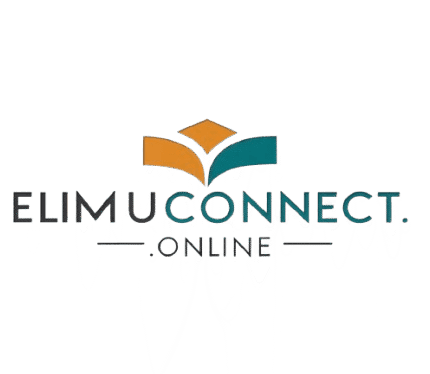NECTA Revision: Effortless Exam Success
NECTA exams are a significant milestone for Tanzanian students, marking a crucial transition in their academic journeys. The pressure to perform well can be immense, leading to stress and anxiety. However, achieving effortless exam success isn’t about superhuman abilities; it’s about strategic preparation and efficient study techniques. This guide will equip you with the tools and methods to navigate your NECTA revision effectively and confidently, ultimately leading to the results you deserve.
Understanding Your Learning Style: The Foundation of Effective Revision
Before diving into the thick of your revision, take a moment to understand how you learn best. Are you a visual learner, thriving on diagrams and mind maps? Do you prefer auditory learning, benefiting from lectures and discussions? Or are you a kinesthetic learner, needing hands-on activities and movement to solidify your understanding? Identifying your learning style allows you to tailor your revision strategy, maximizing its effectiveness. For visual learners, creating colorful flashcards and mind maps can be highly beneficial. Auditory learners might find recording themselves explaining concepts helpful, while kinesthetic learners could benefit from using physical manipulatives or teaching the material to someone else. This self-awareness is the crucial first step towards efficient and enjoyable revision.
Creating a Realistic Revision Plan: Time Management is Key
Procrastination is the enemy of effective revision. A well-structured plan is your best weapon against it. Avoid the trap of cramming; instead, break down your revision into manageable chunks, allocating specific time slots for each subject. Consider using a planner, calendar, or even a simple to-do list to track your progress. Remember to schedule regular breaks to prevent burnout. The Pomodoro Technique, involving 25 minutes of focused study followed by a 5-minute break, is a popular and effective method. Don’t forget to factor in time for relaxation and hobbies – maintaining a healthy work-life balance is essential for sustained focus and mental well-being. Remember, consistency is more important than intensity. Regular, shorter revision sessions are far more effective than sporadic, long cram sessions.
Mastering Active Recall: Testing Yourself for True Understanding
Passive revision – simply rereading notes – is rarely effective. Active recall, on the other hand, forces your brain to actively retrieve information, strengthening memory and identifying knowledge gaps. This technique involves testing yourself regularly using practice questions, past papers, or flashcards. Don’t just look for the answers; actively try to recall the information from memory before checking. This process identifies areas where you need further focus. Furthermore, actively engaging with the material through self-testing significantly enhances your long-term retention.
Seeking Help and Support: Don’t Hesitate to Ask for Assistance
Revision doesn’t have to be a solitary endeavor. Don’t hesitate to seek help from teachers, tutors, classmates, or family members. Explaining concepts to others is a powerful way to solidify your understanding, and collaborative learning can provide valuable insights and different perspectives. Forming study groups can be particularly beneficial, allowing you to share resources, discuss challenging topics, and motivate each other. Remember, asking for help is a sign of strength, not weakness.
Effective Note-Taking During Revision: Concise and Organized
Taking effective notes during your revision process is crucial. Don’t simply copy everything verbatim from your textbooks; instead, focus on summarizing key concepts, highlighting important definitions, and creating concise summaries. Use different colors, headings, and bullet points to make your notes visually appealing and easy to navigate. Consider creating mind maps or diagrams to visually represent complex relationships between concepts. Well-organized notes will streamline your revision process and make recalling information during the exam much easier.
Managing Exam Anxiety: Techniques for a Calm Approach
Exam anxiety is a common experience, but it doesn’t have to derail your efforts. Practice relaxation techniques such as deep breathing exercises, meditation, or mindfulness to manage stress and anxiety. Get enough sleep, eat healthy foods, and engage in regular physical activity to optimize your physical and mental well-being. Remember to focus on what you can control – your preparation and your approach to the exam – and let go of what you can’t control. A positive mindset and a sense of preparedness are your best allies in overcoming exam anxiety.
By implementing these strategies, you can transform your NECTA revision from a daunting task into a structured and manageable process. Remember, effortless exam success isn’t about inherent talent; it’s about strategic planning, consistent effort, and a positive approach. Good luck!
